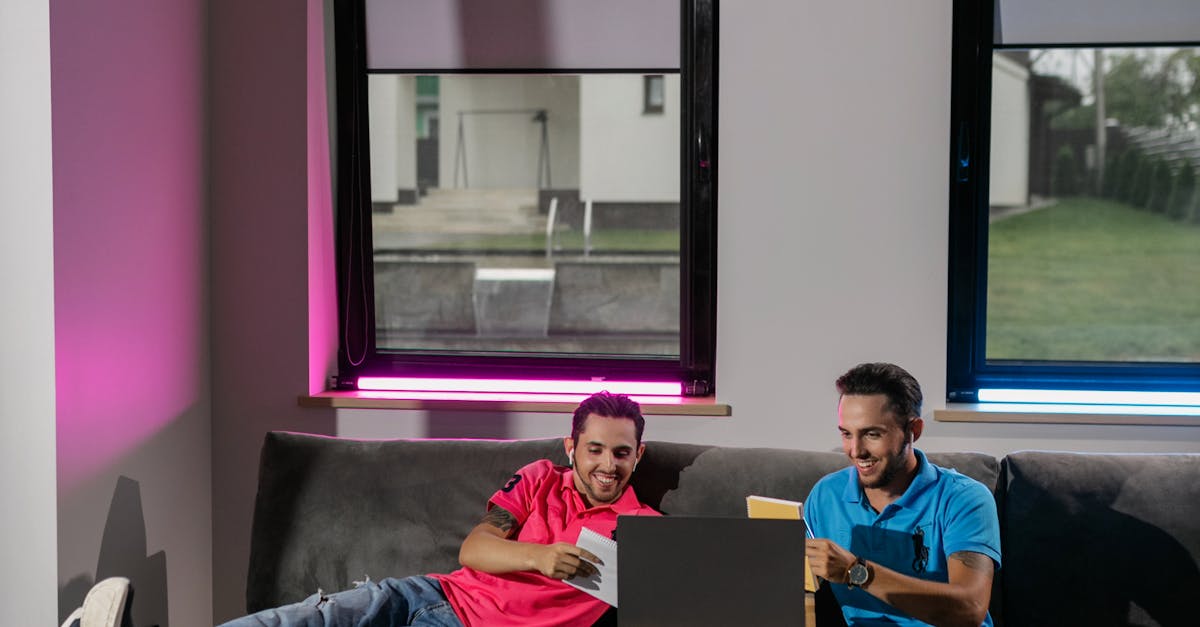
ring your Pomodoro sessions, create a dedicated workspace, turn off notifications on your devices, and inform others of your working times. Additionally, consider using noise-cancelling headphones or background music to help maintain focus.
What are some effective active learning techniques I can incorporate into my study schedule?
Techniques include summarising information in your own words, teaching concepts to someone else, and using visual aids like mind maps. These methods enhance understanding and retention.
How important is it to engage with practice questions while studying?
Very important. Engaging with practice questions helps you familiarise yourself with the exam format, improve time management skills, and identify areas where you need further revision.
What are the benefits of joining a study group or finding a study partner?
Studying in a group can enhance motivation, provide diverse perspectives on difficult topics, and facilitate collaborative learning, making the study process more effecti